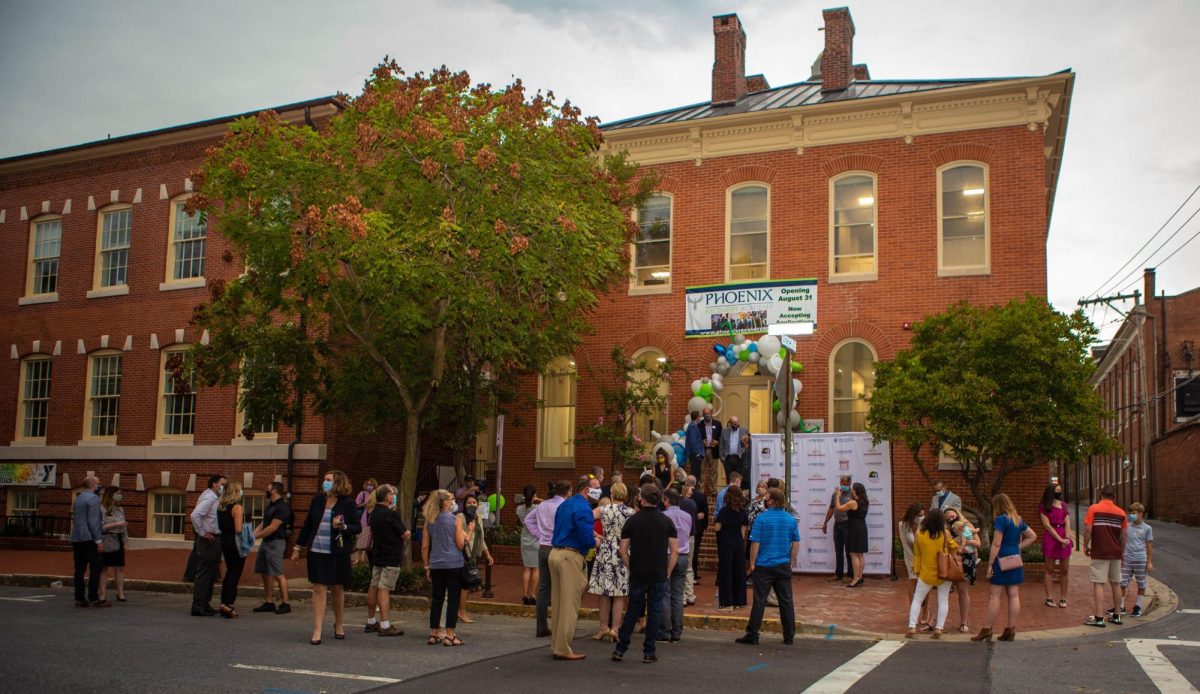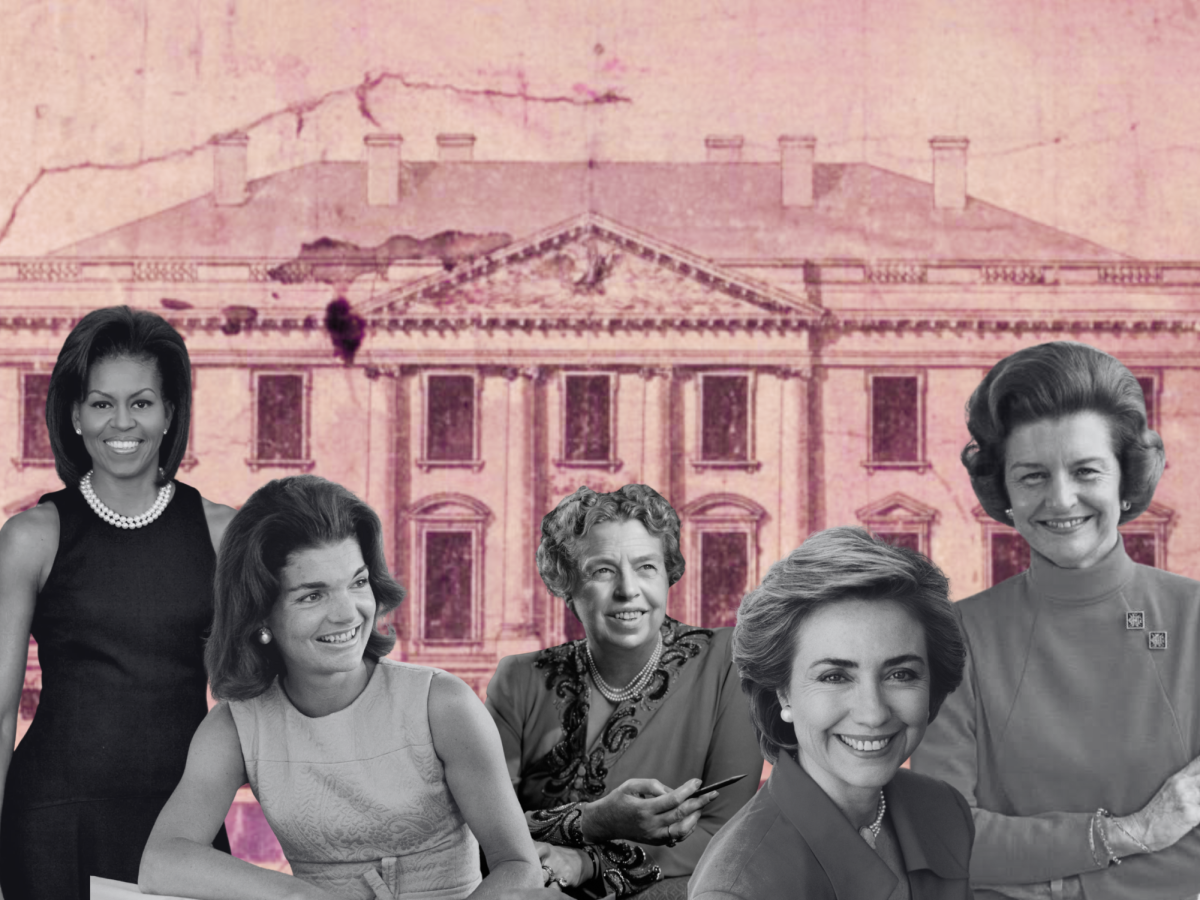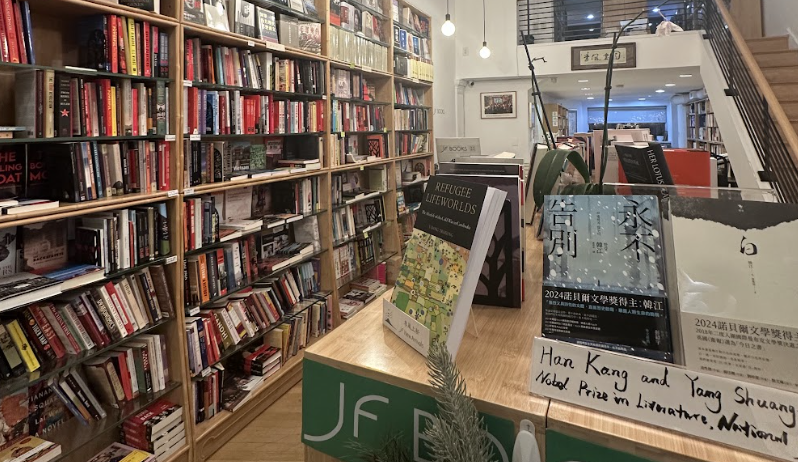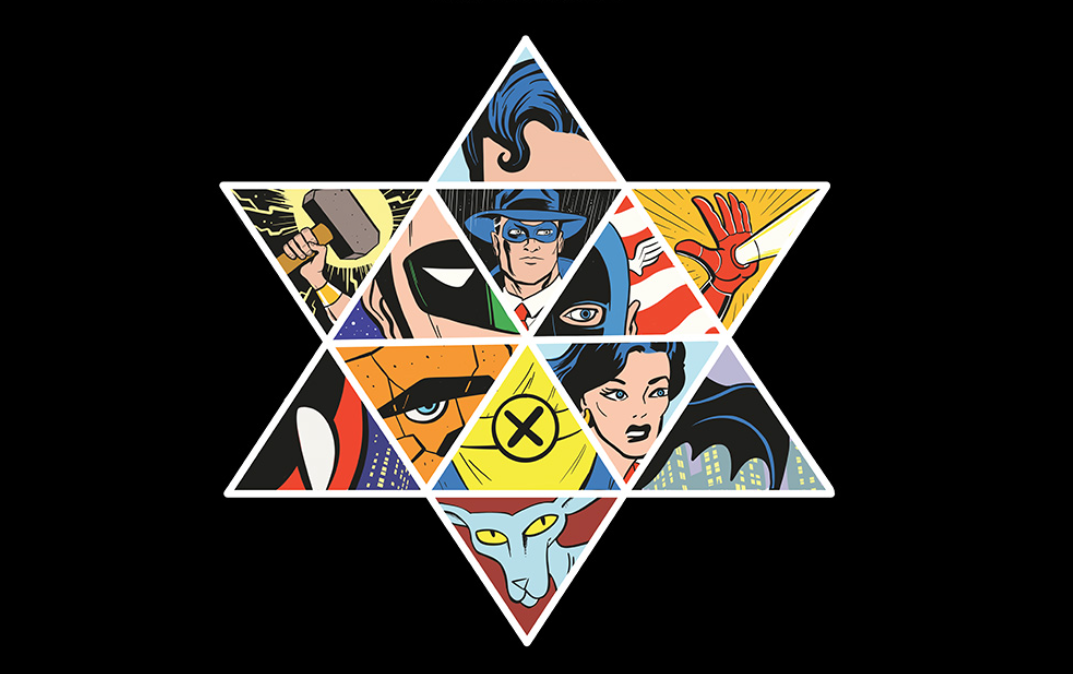Stanford Law School debater Michael Baer (’04) reached the grand finals of the World Universities Debating Championship, an international debate tournament held in the Philippines Dec. 27 to Jan. 3. Out of about 800 students competing, Baer was the sixth overall speaker, and he and his partner were one of four pairs to reach the finals and the first U.S. team to go that far since 2006.
The tournament, dubbed by some as the Olympics of debate, brought together college debaters from more than 70 countries, including Australia, Venezuela, Japan and Germany, though all debates were in English.
In preparation for the championship, many universities held tryouts to decide who will represent their school. Because Baer was overseas at the time of the tryout, he debated via Skype.
Despite having participated in many successful tournaments earlier in the year, Baer said he didn’t anticipate such a dominant performance at the international championships.
“Going into the tournament, we weren’t sure what to expect,” Baer said. “Worlds is incredibly competitive.”
In each round, Baer and his partner faced three other teams, whom judges ranked one through four. The structure of each debate round is modeled after the back-and-forth style of British parliament. Judges tell the teams what issue they will debate only 15 minutes prior to the round, and teams are assigned to either support or refute the topic.
Jane Kessner (’10), who debated at WUDC for Amherst College, said the tournament was an experience she won’t forget, even though she didn’t advance out of the preliminary rounds.
“The atmosphere at WUDC is amazing,” she said. “There are debaters from all over the world, everyone is excited to be there and it’s really just an incredible experience.”
After competing in nine preliminary competitions, Baer learned that his team had earned the eighth seed out of all the competitors, earning them a spot as one of the 32 teams that reached elimination rounds, which follow an NCAA tournament-style bracket. In the semifinals, Baer and his partner beat a team from Oxford, the favorites to win.
“We were pleasantly surprised to have outperformed [Oxford] in the semifinal,” he said. “Then the thought was ‘Oh wow, we’re about to debate in front of 2,000 people and on Filipino television. We better not mess it up.’”
Once he reached the finals, Baer said he was determined not to let the pressure of the big stage affect his game.
“The grand final was definitely the coolest experience I have had to date,” he said. “When it came to the actual round, we tried to pretend as much as possible that it was just a normal round.”
Ultimately, Baer said that seeking the audience’s applause, rather than the judges’ votes, may have been his team’s downfall in the final round.
“It’s tempting to go for lines with a lot of rhetorical punch,” he said. “We did a good job entertaining; I just thought we needed be to be a little more insightful.”
Baer, who has always been interested in politics, knew he wanted to debate in high school by the sixth grade.
“I liked talking about ideas; I had two parents who liked to argue, and I went to my first tournament in the fall of ninth grade,” he said. “I was hooked ever since.”
During his high school debating career, Baer was the first Whitman student in five years to qualify for the Tournament of Champions, a major national championship tournament, in Lincoln-Douglas debate. He also won the Washington area Student Congress championship two years in a row.
Baer, who has traveled to Botswana, South Korea, Japan, Ireland and China to coach aspiring debaters and judge at tournaments, said he hopes to remain a part of the debating community after law school.
“In the long run, after I settle in a community, I certainly hope to help out a debate team in a local school, maybe to judge every now and then on the weekends,” he said. “Debate is something I care a lot about, and I definitely want to remain involved if I can.”









